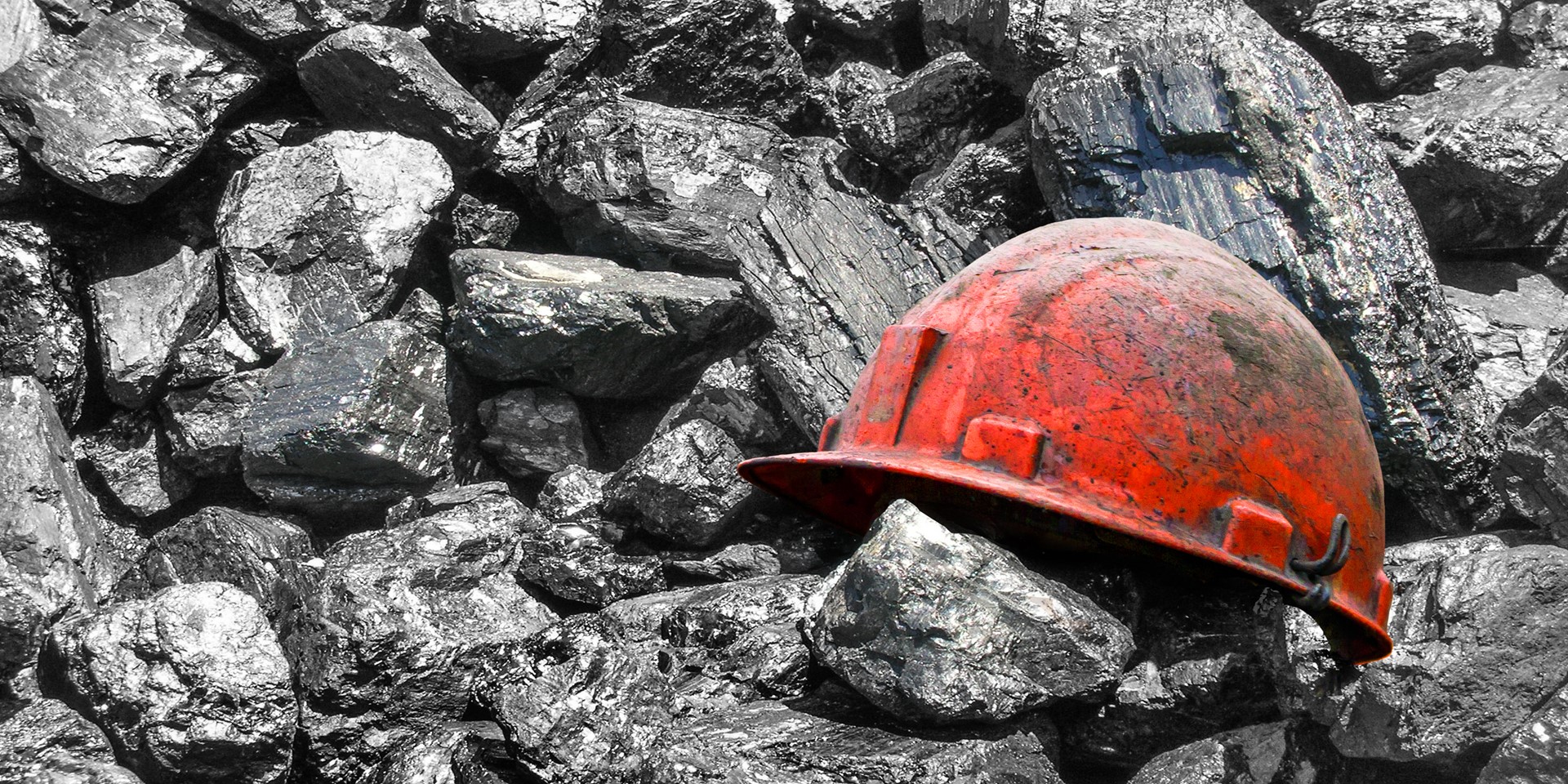The UK’s last coal-fired power station has closed its doors
30 September 2024

30 September 2024

Article written by: Tim Mooney
The UK has ended its 142 year history of coal-fired power by closing Nottingham’s Ratcliffe-on-Soar plant.
After powering the UK for 57 years, the closure of Ratcliffe-on-Soar marks the end of the UK’s long history of coal power use, beginning with the launch of the Holborn Viaduct power station in 1882. The shutdown is a clear marker in the UK’s green energy transition as we switch away from traditional fossil fuel energy sources in favour of renewable energy alternatives.
The UK became the first country to set an end date for coal power use from 2025, with the closure making the UK the first G7 nation to stop using coal power.
“The era of coal might be ending, but a new age of good energy jobs for our country is just beginning,” said Michael Shanks, Minister of Energy. “The government's clean energy superpower mission is about creating good jobs in wind power and new technologies like carbon capture and storage. That work is helping boost our energy security and independence, protecting families from international hikes in the price of fossil fuels and with it, creating jobs and tackling climate change."
The UK’s step away from coal has sparked excitement among green campaigners who see the move as a means of instilling greater confidence in renewable energies. Up until 1994, coal provided the majority of fuel used to produce electricity in the UK, slowly diminishing over the years and dropping off significantly following the introduction of the carbon price support introduced in April 2013.
However, the shift away from coal is a global trend. Ember reported that coal power has halved among OECD countries since its peak in 2007, with 27 of the 38 OECD members pledging to be coal free by 2030.
The phase out of coal will have significant and positive impacts on the UK's emission reduction strategies. According to analysis from Carbon Brief, coal-fire power stations in the UK has burned through roughly 4.6bn tonnes of coal over its 142 years of use, generating 10.4bn tonnes of CO2. Reduced demand for fossil fuels and an increase in the roll-out of green energy technologies will cut the UK’s emissions at faster rates.
Despite an end to the UK’s coal-power era, there is still work to do in the phase out of fossil fuels. The UK’s energy mix in 2024 contained 34 per cent gas, but just 1 per cent coal. In terms of renewables, the big three contributors were wind at 29.4 per cent, biomass at 5 per cent, and solar at 4.9 per cent.
Share